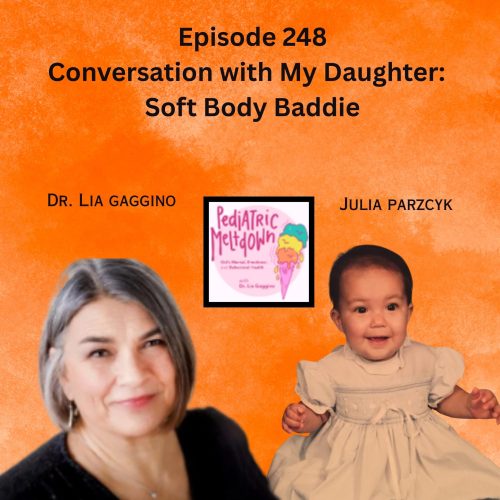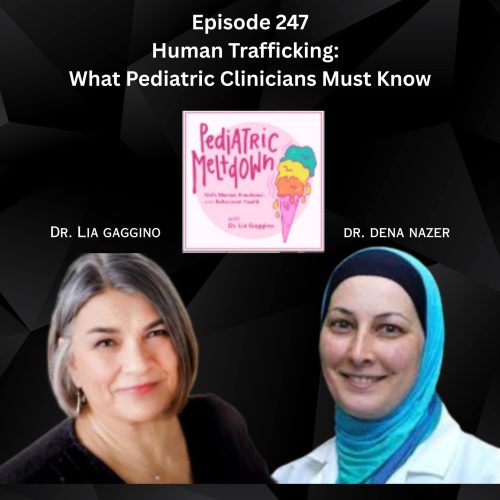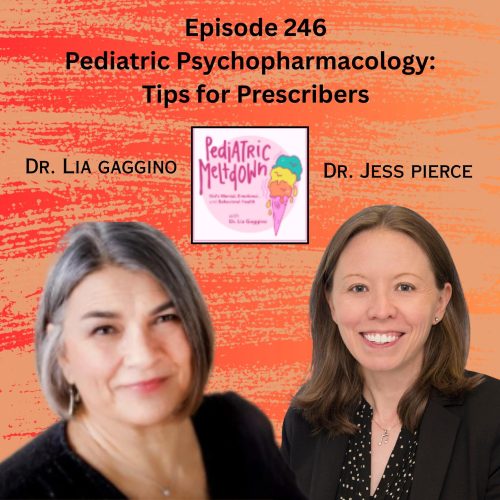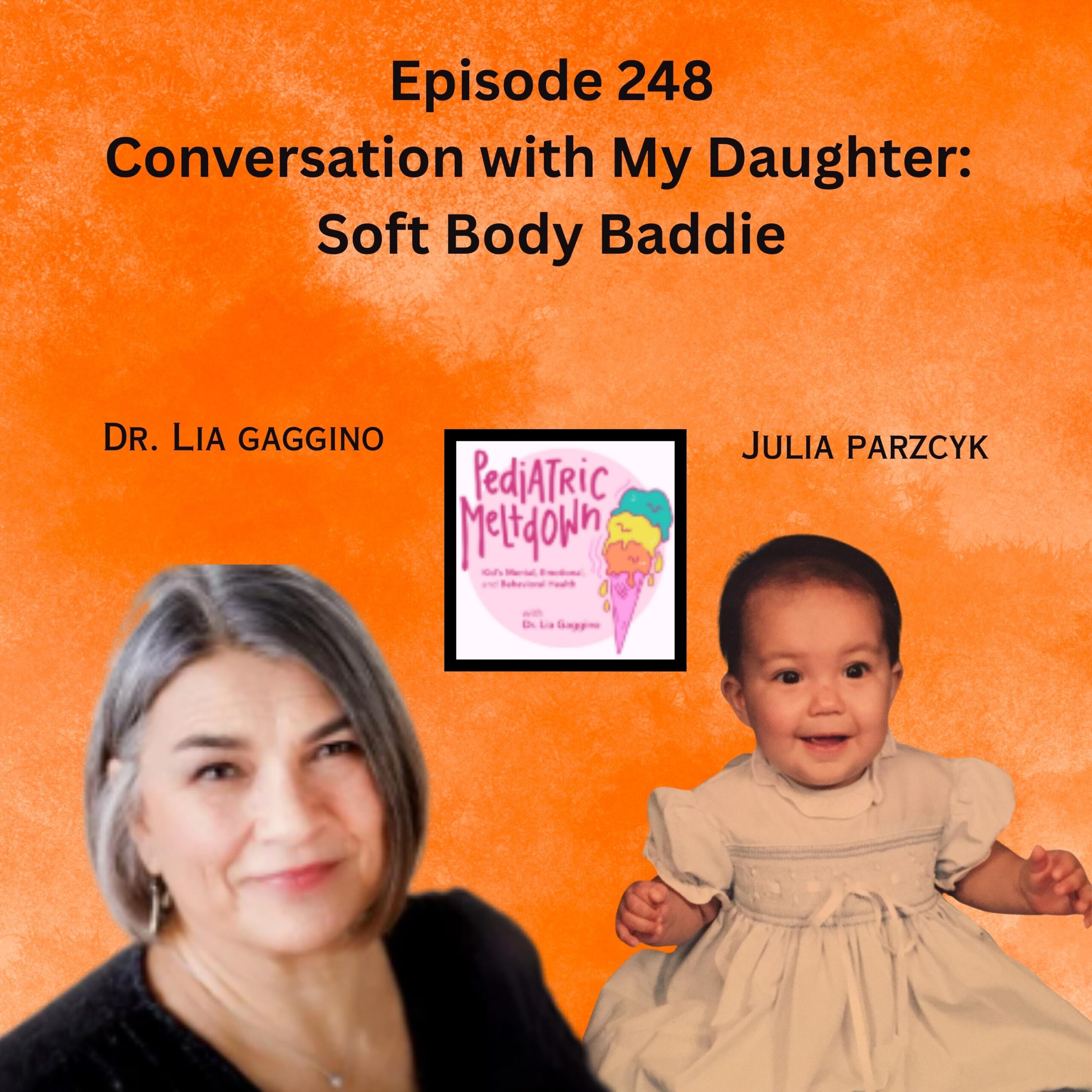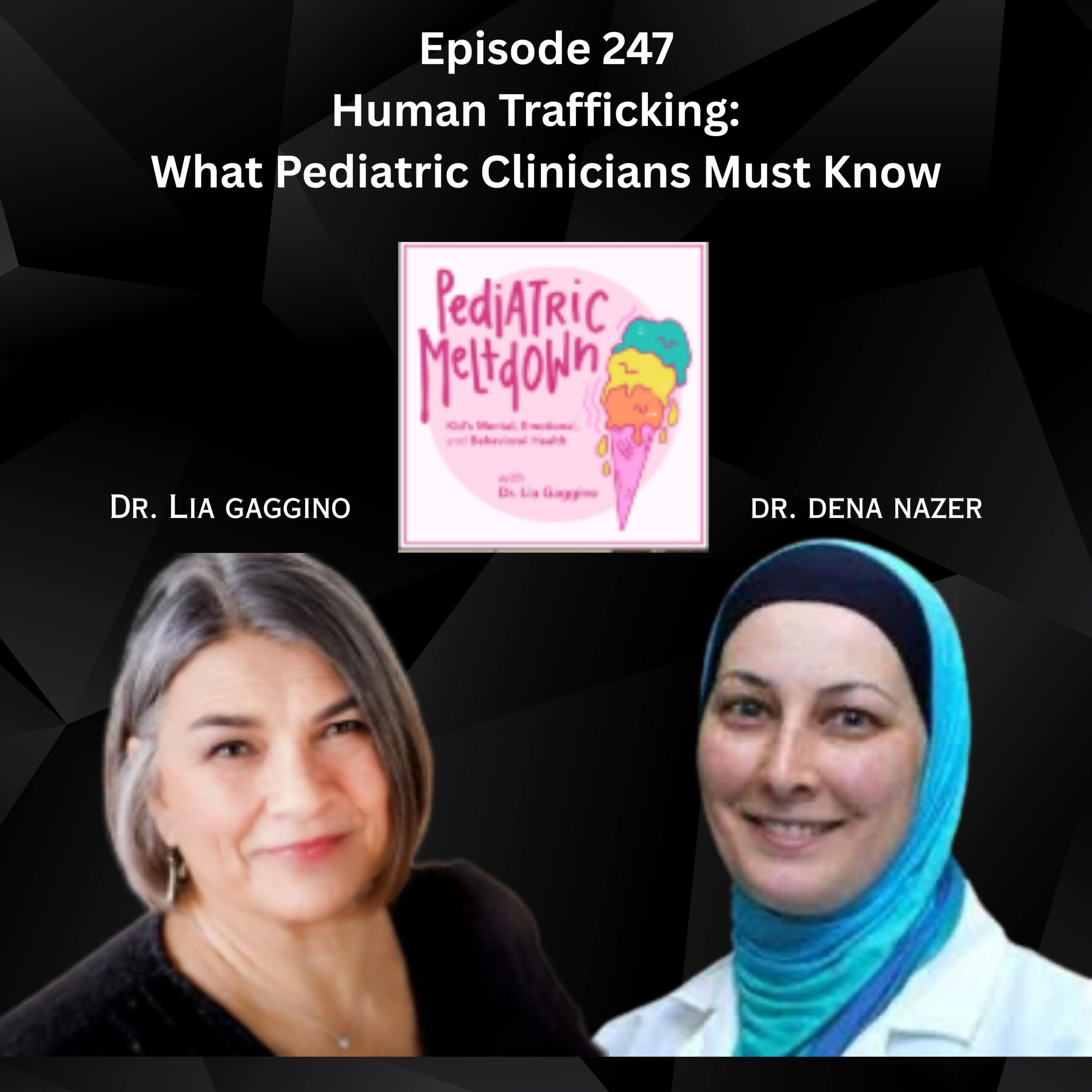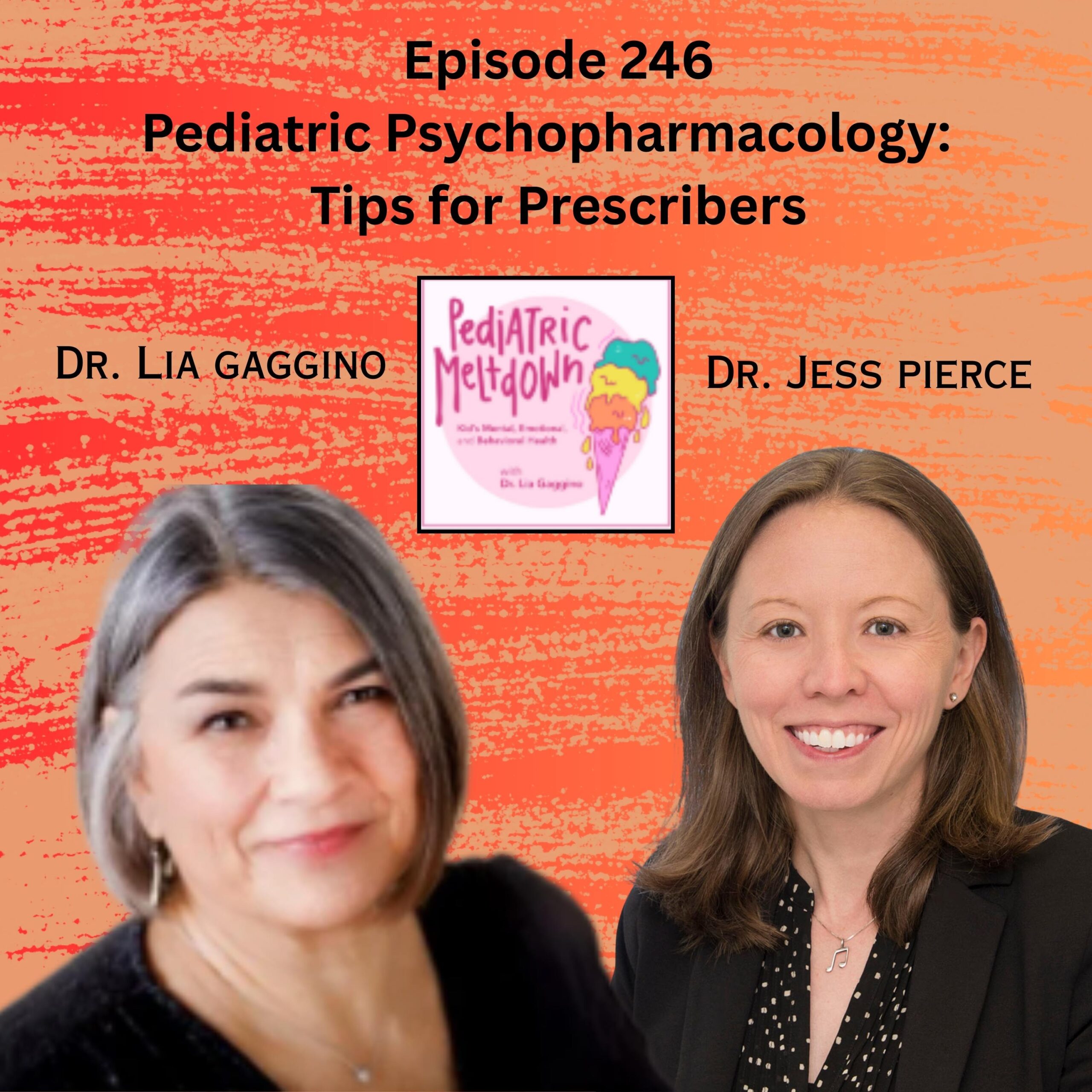Emilee Young, RDN, LD is a Registered Dietitian dedicated to helping those in recovery. She has worked in both an intensive outpatient and a partial hospitalization setting where she has been able to support clients in recovery.
Emilee practices based on the philosophy that “all foods fit” and wants to help clients create a sustainable and joyful experience with food and movement. She specializes in binge eating disorder recovery and enjoys working with clients to establish peace with food. Emilee is a fat-positive and anti-diet dietitian working from a Health At Every Size © and Intuitive Eating model.
[00:01] Emilee Young Shares Her Story With Us
- I introduce and welcome Emilee Young, RDN, LD
- Emilee tells us the story on why she’s focused on eating disorders
[05:15] Weight is Not Health
- What dieticians would advise to pediatricians
- Listen to Emilee’s advice!
- Here’s the truth about body mass index that you should know
- Weight is not health
- Emilee mentions some factors to consider when defining health
- She breaks down her specialization in terms of food movement in the body
[15:44] Division of Responsibility
- Emilee talks about “division of responsibility” in a nutshell
- What is food bargaining and why is it not advisable?
- No one is immune to the diet culture
- Here’s what to do with it
[25:44] When to Refer a Patient About Eating Disorders
- Our patients are the experts of their own body
- Healthcare providers should always listen
- When pediatricians should refer patients to other healthcare providers
- Why patients should be allowed to eat their preferred food
- How often should this be allowed?
- How to deal with patients with food restrictions
[35:33] How to Build Safe Spaces for Kids
- Having a team of experts is a good support system for the child
- Pediatricians should choose their words very carefully
- Kids are sponges
- What pediatricians should understand about safe spaces
- Healthcare providers should pay attention to these points of reflection
- GIving autonomy to patients
- Reflecting about patient-centered care
[42:37] Closing Segment
- Final takeaways:
- When pediatricians should refer their patients for eating disorders
- Attitudes about weight, diet, culture and fat shaming among pediatricians
- The right way to talk about the growth trajectory of a child
- “Health at every size” and intuitive eating
- A child’s food preferences change over time
- Body mass index may be flawed
- Factors to consider when looking into a child’s health
- Division of responsibility for parents
- Setting up rewards food is not advisable
- Listen to the patient and validate their feelings
- Interventions for patients with anorexia
- The antidote to diet culture
- Choosing our words wisely
Key Quotes:
“I think a part of that division of responsibility is making sure that your child has its preferred foods.” – Emilee Young, RDN, LD
“I think one of the biggest things that I’ve learned as a dietitian is being a good listener.” – Emilee Young, RDN, LD
Email emilee@couragetonourish.com to reach out to Emilee or follow her on Instagram. Check out Courage to Nourish to know more about her work.
Resources Mentioned:
- Pediatric Meltdown previous episodes
- Ep. 62: Eating Disorders: Recovery Coaches Strengthen the Healing Team
- Ep. 61: Eating Disorders: Prevention in Primary Care
- Ep. 1: Words Matter- Talking about Weight and BMI
- Books
- Health At Every Size
- Intuitive Eating
- Feeding with Love and Good Sense series By Ellyn Satter
If you’d like to connect with me, you can find me on LinkedIn, Facebook, and Twitter or email me at gagginol@yahoo.com. To learn more about me visit https://www.medicalbhs.com/
LOVE WHAT YOU HEARD? Leave us a 5-star review so we can continue to provide you with great content. Share this episode and help people know more about children’s health and well-being.



